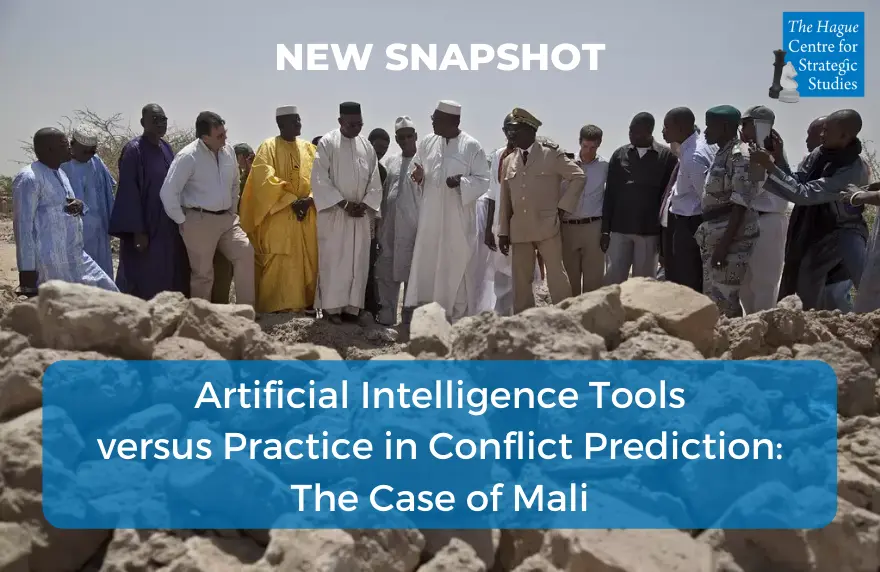New snapshot by assistant analyst Marek Baron out now!
There have been significant developments in the field of conflict prediction methods, with many new tools and models available for researchers. However, the effectiveness of these methods and their potential utility in real-world applications still needs to be tested. Many traditional early warning tools are broad, looking at only national or international trends, which makes them unsuitable for intranational issues. Infrequent updates to these tools also reduce their usefulness. Therefore, newer methods and models must be considered.
This snapshot examines novel early warning efforts in Mali, which has experienced significant conflict for nearly a decade. It surveys several quantitative tools that originate from the fields of machine learning, statistical inference, and automated event databases and analyzes their effectiveness in predicting violence in the specific context of the Malian crisis. The paper also considers limitations in the accessibility and financial viability of these methods to explore whether they are viable options for practitioners in Mali to employ in ongoing violence reduction efforts.
Photo credit: UN Mission in Mali, MINUSMA/Marco Dormino



